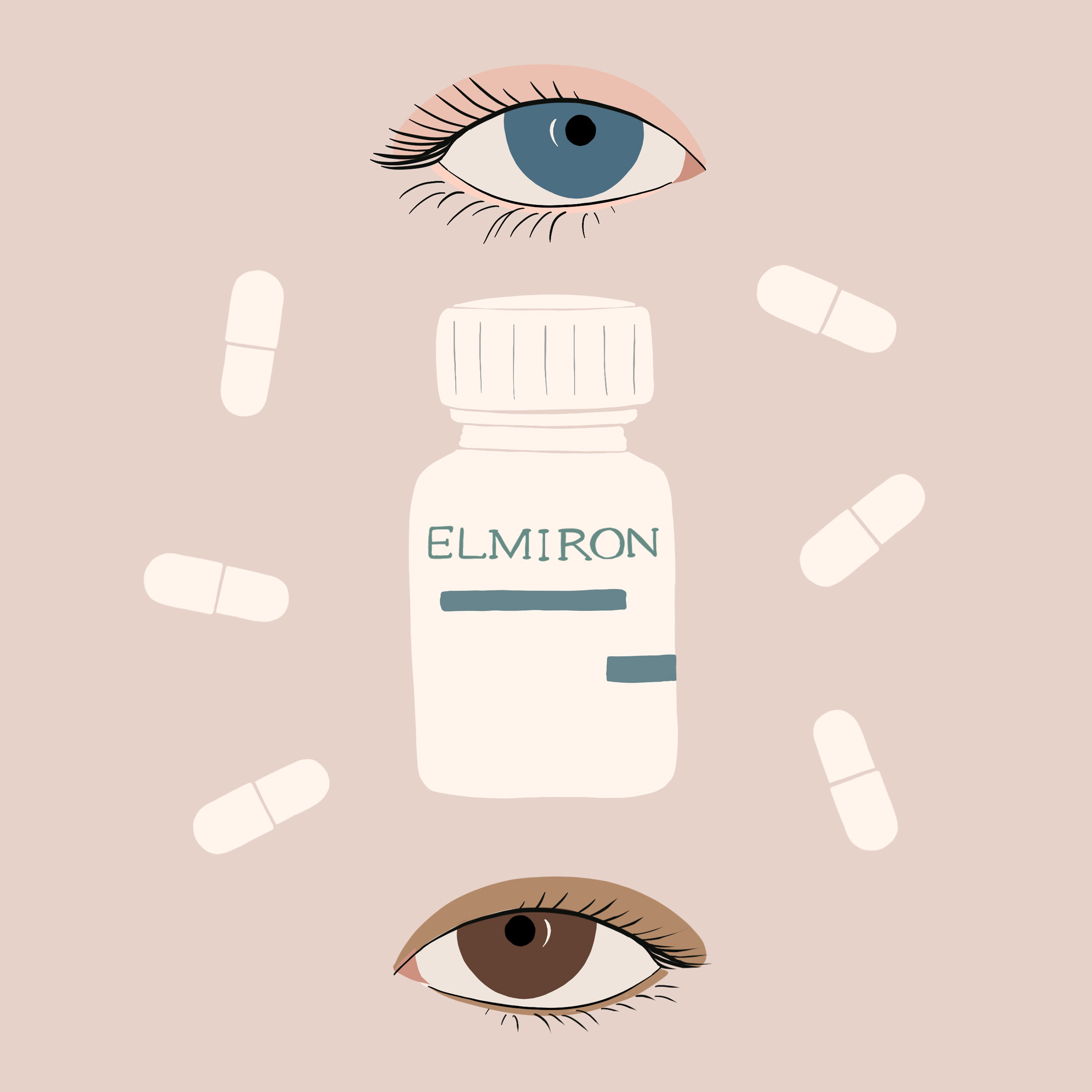On Aug. 12 two women filed lawsuits against manufacturers of Elmiron, the only oral medication approved by the U.S. Food and Drug Administration to treat interstitial cystitis, also known as painful bladder syndrome.
The Elmiron lawsuits were filed by Clara Johns and Shirley Ruth Levy in the U.S. District Court for the District of New Jersey against units of Johson & Johnson, Bayer and Teva, as reported by Law360. Johns and Levy allege that the drug manufacturers knowingly withheld information about harm caused by long-term use of Elmiron such as blurred and distorted vision and retinal damage, and failed to alert physicians or patients of these risks.
Pigmentary maculopathy, also known as pentosan polysulfate sodium maculopathy, is a unique type of retinal damage associated with long-term use of Elmiron according to a 2018 case study of six patients and a larger 2019 study of 219 patients. The median duration of Elmiron use for affected patients was 15.5 and 14.5 years, respectively.
The women are seeking compensation for pain and suffering, mental anguish, anxiety, physical impairment, and medical expenses. Johns, of Tennessee, treated her interstitial cystitis with Elmiron (pentosan polysulfate sodium) for approximately 10 years while Levy, of California, used Elmiron for four.
Each of the manufacturers is accused of multiple civil wrongs including failure to warn consumers of Elmiron’s risk, negligence, designing Elmiron in a way that makes the drug defective and hazardous to health, and fraudulent misrepresentation of the risks associated with Elmiron.
These Elmiron lawsuit filings bear a striking similarity to a lawsuit filed in May 2020 against Johnson & Johnson and its subsidiary Janssen. In that Elmiron lawsuit the plaintiff claimed that the manufacturers “failed to disclose the serious link between Elmiron use and significant visual damage, including pigmentary maculopathy.”
At publication, none of the cases had concluded.
